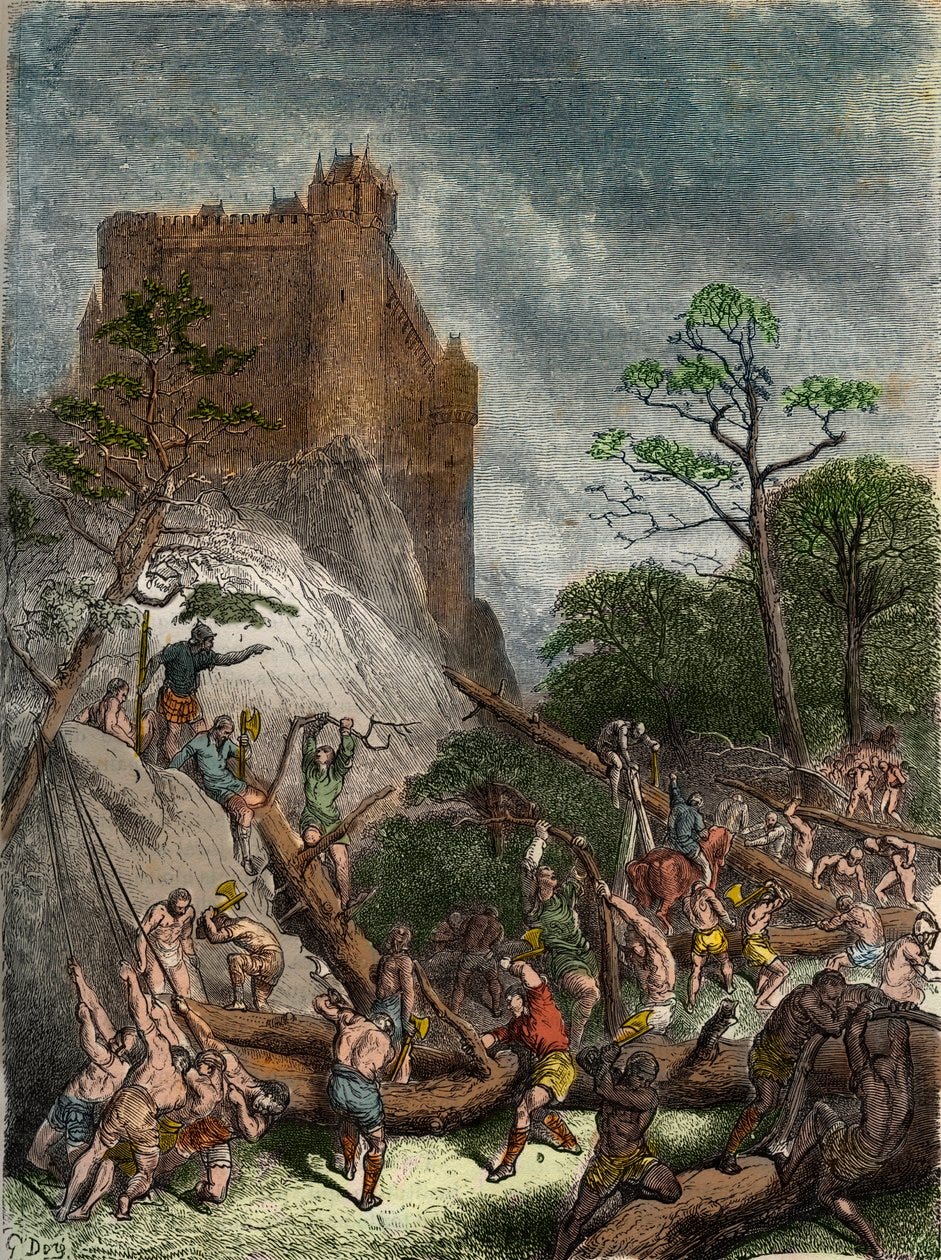Landlordism: The lowest form of Capitalism
Future generations will look back at landlordism in the same way we today look back upon slavery and serfdom.
Landlordism isn’t even really capitalism, come to think of it, it’s a surviving medieval form of extraction.
Capitalism is where private individuals and families own and control the large means of production of a nation, and employ workers whose labor is exploited, keeping the profits for themselves and their middle-class servants.
Landlordism by contrast is the owning of many housing units that stay put, and don’t usually gain much value other than that which is added by the tenant-worker, to rent to those proletarians who will pay a significant portion of their earned wages to the lord.
In this sense, the petty landlord is a junior partner to the real capitalist: while the capitalist exploits the worker on the job, the petty landlord extracts a ‘living-tax’ from them at home.
In fact, many big capitalists look down on being landlords. One big restaurant owner once told me he was never attracted to becoming one. He acted as if it was beneath him, a “dirty job.” (And he was right!)
In the big business world, one does not typically see industry capitalists get down and dirty in the slumlord business. If and when they do, they typically hire large and expensive firms to do all the real work for them, while they hang tight in the background.
And although landlordism is not technically a capitalist mode of production, as stated, landlordism nevertheless plays an important role within class society from capital’s point of view. This role consists of offering the working-class, and their struggling middle-class cousins, “a way out.”
Becoming a landlord is portrayed as a way of joining the upper classes, an entry path, so to speak. ‘You can start with one or a few units, and work your way up to owning entire buildings, and subdivisions,’ they’re told.
In fact, the last step (‘snowball’) in “financial guru” Dave Ramsey’s famous ‘four snowballs’ is buying up real estate to rent-out, and live off their extracted wages. Ramsey encourages people still on the initial steps by telling them, “Live like no one else, so that later on you can live like no one else.”
A more accurate surmise however of Ramsey’s encapsulation would be to say, “Live like no one else, so that later on you can live off everyone else.”
Landlordism stretches back, again as mentioned, to feudalism. Lords owned large stretches of land and “rented” them out to vassals, in exchange for services.
This current system which allows individuals to own large pieces of land where many live, in order to charge rent to people who produce value—only to have the law and state kick them out the moment they’re no longer able to work and ‘pay rent’—shall be abolished upon working people coming to power as the new ruling class.
100 years from now when children grow up knowing only one thing—having your needs met by the collective in an environment where housing is not a commodity but a birth right—they will ‘ooh’ and ‘awe’ when teachers tell them “a long time ago, boys and girls,” individuals used to have the ability to have the police kick families out of their homes for “failure to pay rent.”
These future alums shall react in horror, and ask with immense curiosity:
“Teacher, how could people have been so cruel?”




